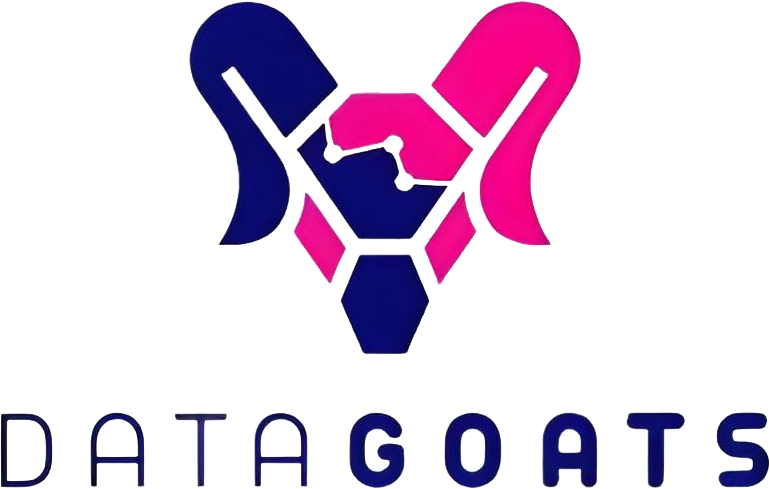Technology (Data) Stack for a Data-Driven Association
When it comes to data tools for associations and member companies, there are various options available depending on the specific needs and goals of the organization.
What are data tools, you ask? Data tools refer to software applications, platforms, and technologies designed to collect, analyze, process, visualize, and manage data.
Here are some essential types of data tools that associations and member companies often find valuable:
1. Association Management Software (AMS)
Examples: Personify, Impexium, Fonteva, iMIS, Member365, MemberClick, Altai Microsoft Dynamics
Purpose: AMS systems help store, manage, organize and analyze membership data. They store member and prospect data, track interactions, and help generate mailing lists to facilitate communication and enhance relationships with the constituents.
2. Customer Relationship Management (CRM) Systems:
Examples: Salesforce, HubSpot, Zoho CRM
Purpose: CRM systems help manage and analyze customer interactions throughout the customer lifecycle. They store customer data, track interactions, and provide insights to enhance relationships.
3. Marketing Automation Tools
Examples: Highroad Solutions, Marketo, HubSpot
Purpose: CRM systems help manage and analyze customer interactions throughout the customer lifecycle. They store customer data, track interactions, and provide insights to enhance relationships.
4. Online Community Software
Examples: HigherLogic, Breezio, CommUnity, Mighty Networks
Purpose: this is virtual community platform where members engage in building relationships and active collaboration. They can use this platform to support each other, share resources and discuss ideas.
5. Survey and Feedback Tools:
Examples: Survey Monkey, Qualtrics
Purpose: these are tools used to gather information and find out about the opinions, characteristics, or preferences of a group of people in different fields.
6. Data Integration Platforms:
Examples: PersonifyHub, FusionConnect, Zapier, Highroad Spark, Data Sangria
Purpose: Data integration tools help member companies connect and combine data from various sources, ensuring that data flows seamlessly across the organization.
7. Business Intelligence (BI) Tools:
Examples: Power BI, SSRS, Tableau, Looker, SAP Crystal Report, Google Data Studio
Purpose: BI tools enable companies to visualize and analyze their data to make informed business decisions. They can help member companies extract insights from various data sources.
8. Data Analytics Platforms:
Examples: Google Analytics
Purpose: These platforms help member companies analyze and interpret data related to user behavior, website traffic, and other relevant metrics.
9. Data Warehousing Solutions:
Examples: Azure Synapse Analytics, Amazon Redshift, Google BigQuery
Purpose: Data warehouses store and manage large volumes of structured and unstructured data. They provide a centralized repository for analytics and reporting.
10. Data Governance and Compliance Tools:
Examples: Collibra, OneTrust, USPS DSF, NCOA, OpenRefine
Purpose: These tools assist in maintaining data quality, ensuring compliance with regulations, and managing data access and security.
11. Project Management Tools:
Examples: Jira, Asana, Trello, Planner
Purpose: Project management tools help member companies organize and track tasks related to data projects. They are useful for coordinating efforts and ensuring timely completion of data-related initiatives.
12. Collaboration and Communication Tools:
Examples: Slack, Microsoft Teams
Purpose: These tools facilitate communication and collaboration among team members. They can be essential for sharing information and updates related to data analysis and insights.
13. Security and Privacy Tools:
Examples: Azure Key Vault, AWS IAM, Varonis, Symantec
Purpose: Security tools help member companies protect sensitive data, detect and respond to security threats, and ensure compliance with data protection regulations.
14. Other Auxiliary Tools:
Examples: data science tools, financial management systems, Donor management software, volunteer management systems, data storage/sharing tools etc.
15. Custom Analytics and Reporting Solutions:
Purpose: Depending on specific needs, member companies may develop or implement custom analytics and reporting solutions tailored to their industry or unique requirements. Reach out to DATA-GOATS for subject matter expertise and data strategy partnership.
When implementing data tools for member companies, it's crucial to consider the organization's size, industry, and specific data-related objectives to choose the most appropriate tools. Additionally, providing adequate training and support for users is essential to maximize the benefits of these tools.
